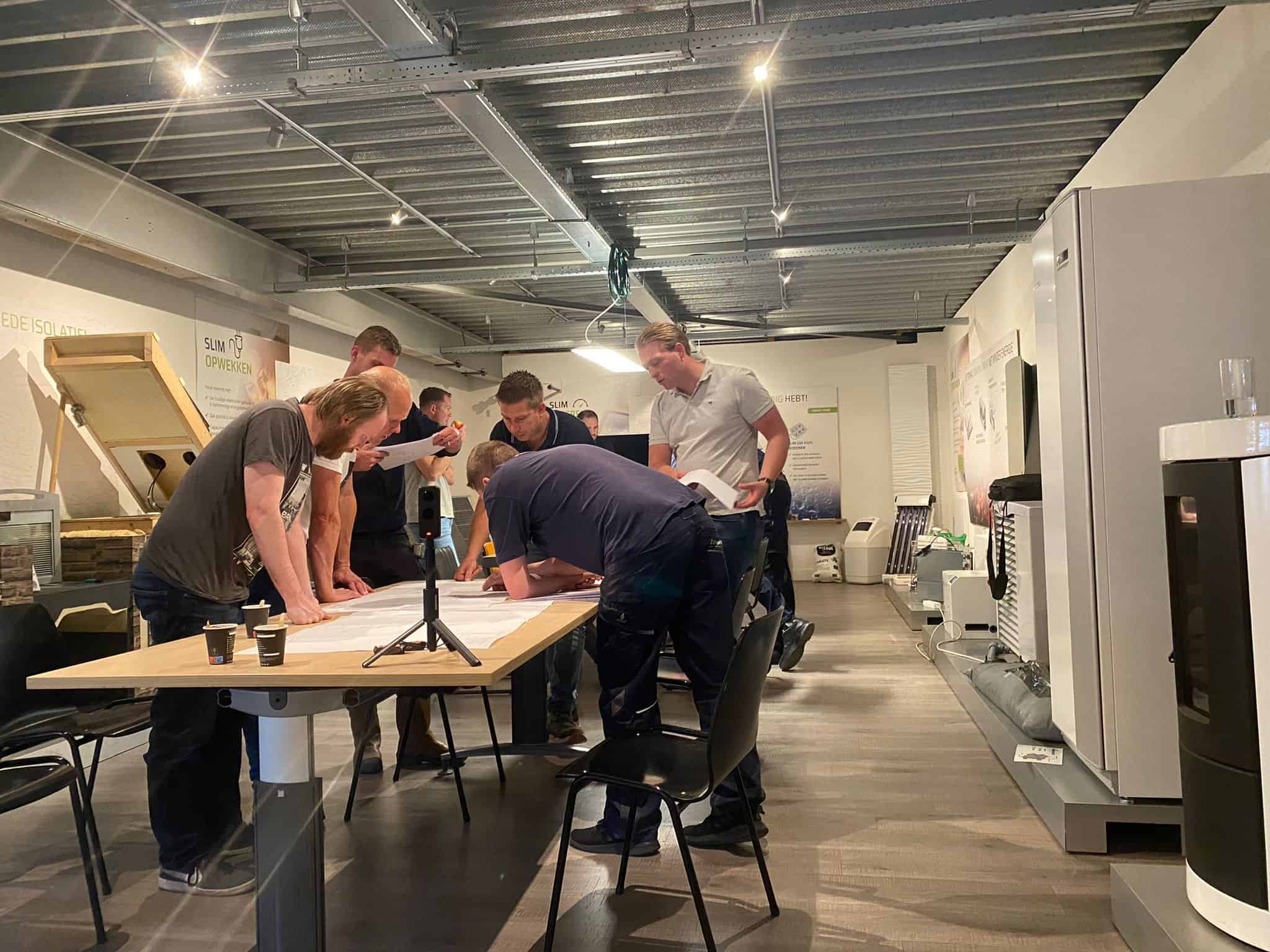
The Netherlands has a shortage of about 22,000 rooms for students. The start-up Floating Students wants to change this. By converting old river barges into student accommodation, they are creating homes and sparing valuable ship materials from being scrapped. The floating student residences will be entirely regenerative: they will help restore nature, whereby biodiversity is a primary consideration.
Living on water
According to the developers, floating homes are the future. “It puts homes in direct contact with aquatic life and it creates an unprecedented sense of freedom,” Floating Students writes on its site. The homes are also easily movable and adapt to rising water levels.
The river barges serve as foundations for the floating student apartments. According to the start-up, this is a sustainable solution to spare boats from being scrapped, although barges can last as long as one hundred years.
“It is only when the steel becomes too thin that it’s then time to dismantle the ship and recycle the parts, says Sander den Heijer from Maritime Technology, a trade association in the maritime manufacturing industry.
The river barges have a large cargo hold that can accommodate about 24 student units. “In addition to that, we provide spaces for meetings, energy storage and more nature,” Floating Students writes.
Cooperation with start-ups
That last point is particularly important to Floating Students. “It is vital that we repair the gap between humans and nature,” they state on the site. This can be done, for example, by using green facades or vegetation around and under the ship which stimulates marine life. Or, take helophyte filters, for example, where plants form a filter that cleans the surrounding water.
Floating Students is cooperating with other start-ups to roll out and implement the idea. The company received an initial grant of € 100,000 through Citylab010 in December to develop the idea further. Floating Students is going to start with the conversion of one river barge. The first vessel that will be upcycled is called ‘Abou’, named after Mayor Ahmed Aboutaleb of Rotterdam, where the floating student house will be moored. The first students will be able to move in at the end of 2022. It is not yet known how much a room will cost.
This article is courtesy of ChangeInc, whom Innovation Origins has an editorial partnership with.








